Eternal Garden traces the early history of Chishti Sufism in India through rare fourteenth-century textual sources in Persian preserved in Sufi shrines in the medieval town of Khuldabad, a major center of pilgrimage in the Deccan. These manuscripts reveal the mystical teachings and practices of the Chishti Sufi order as taught by the Shaykh Burhan al-Din Gharib (d. 1337) and his disciples. The texts delineate diverse historiographical approaches to the political history of the medieval period which are in some ways strikingly different from the standard view of early Sufi history that developed in North India. Eternal Garden covers themes ranging from a discussion of Sufism and Islam in India, the political involvement of the early Chishti masters in Khuldabad, to the role of Sufi shrines in Indian politics by the late nineteenth century. This book demonstrates the role of the Sufi tradition as a formidable resource for the religious and social history of early Indian Islam. It not only addresses issues within the study of Sufism, but also portrays the non-religious character of the Indo-Muslim state. According to the author, some of this work has inappropriately politicized texts to reflect contemporary social issues. With an in-depth textual analysis, he attempts to restore the original political context to the sources under consideration. Updated with a new preface detailing the advances in the study of Sufism, the second edition of this pathbreaking volume will be an informative and absorbing read for scholars of Islam, Indology, history, and comparative religion, and also for the lay reader interested in Sufism and its history.
Refractions of Islam in India: Situating Sufism and Yoga
The essays explore Sufism as ...
$60.30
$67.00


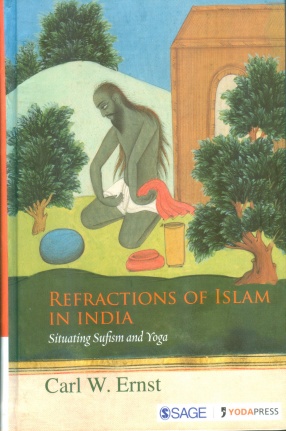
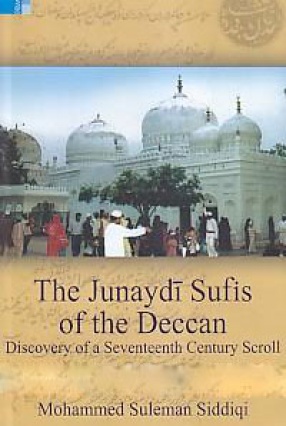
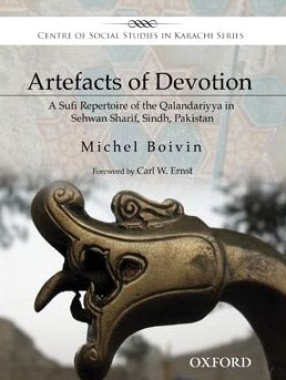
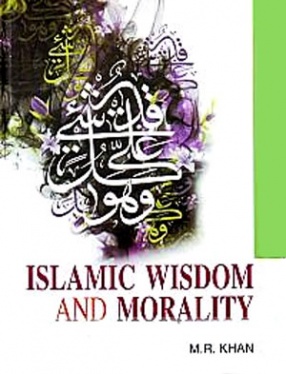
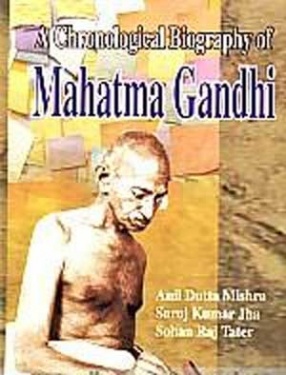

There are no reviews yet.